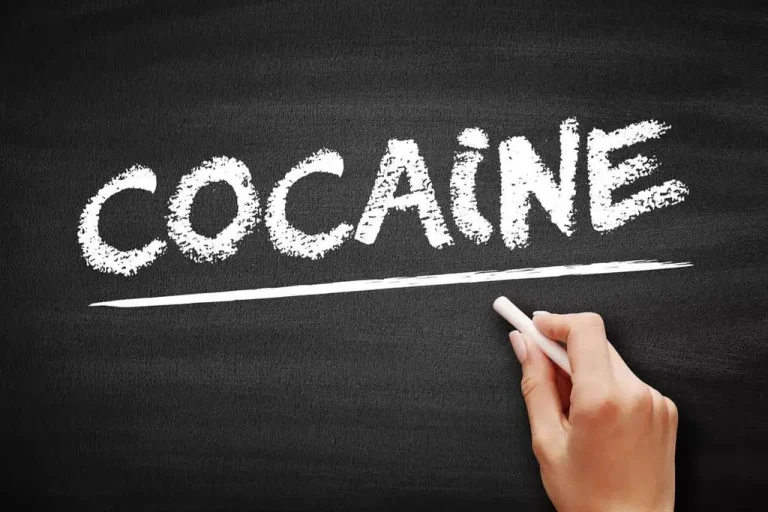
Among people with co-occurring AUD and psychiatric disorders, AUD remains undertreated, leading to poorer control of psychiatric symptoms and worse outcomes. However, treating most alcoholics’ depressive symptoms might not require the use of antidepressant medications. These medications are not needed to help clear an alcohol-induced mood or depressive disorder.
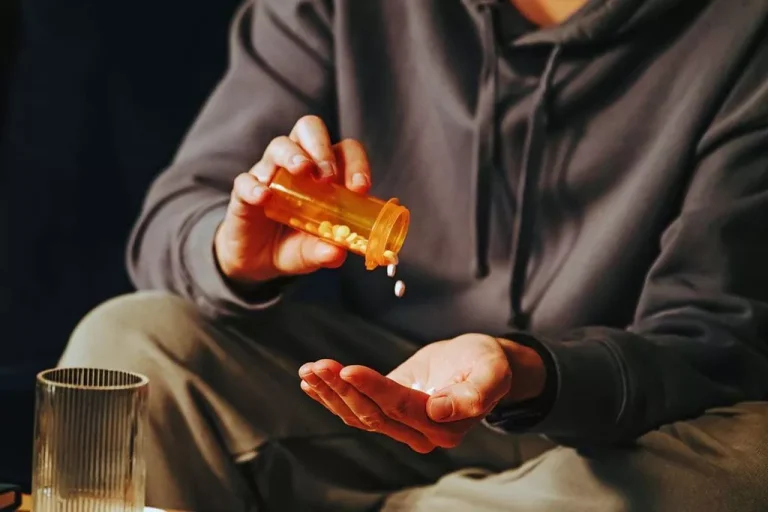
Effects of co-occurrence on alcohol treatment outcomes
Their trained advisors are on hand between 9am and 2pm every weekday to give you confidential advice through an online chat service. Alcohol is known to affect several nerve-chemical systems which are important in regulating mood. Once you begin your healing journey, it’s important to engage in self-care.
- Even if they don’t improve immediately, you’ll probably have an easier time doing something about them when you don’t have to deal with physical symptoms, too.
- For investigators seeking to bridge the multiple disciplines included in this review, the findings concerning stress responses pose challenges and opportunities for future research.
- This is consistent with prospective, observational studies showing that having either an anxiety disorder or AUD at any time increases the relative risk for future development of the other disorder.
- However, depression symptoms can improve after abstaining from alcohol for about 3 to 4 weeks.
Can Alcohol Make Depression Worse?
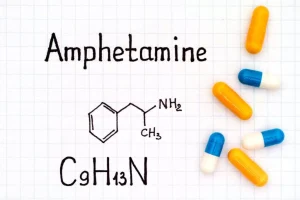
Dopamine produces positive emotions that make you feel good and help reinforce your desire to drink, but alcohol affects your central nervous system in other ways, too. Sometimes, we attempt to use alcohol as an escape when we truly need professional support. To have a full picture for patient care, patients with AUD should be screened for other substance use.
Health Categories to Explore
- And people with alcohol dependence are 3.7 times more likely to have had MDD in the previous year.
- The researchers concluded that the genetic influences important in alcoholism appear to be relatively specific for that disorder and did not significantly alter the risk for additional psychiatric disorders, including major depression and major anxiety disorders.
- Opinions expressed in contributed articles do not necessarily reflect the views of NIAAA.
- Also, if this population has no increased risk for AUD, how is that consistent with the shared neurobiology thesis?
- Specifically, some studies focused on drinking patterns rather than on alcohol dependence or described mood/anxiety symptoms rather than true psychiatric disorders.
Neurobiological mechanisms underpinning these associations include neurotransmitter system disruptions, alterations in stress response pathways, and structural changes in brain regions implicated in emotional regulation and reward processing. Moreover, https://ecosoberhouse.com/ psychosocial factors such as adverse childhood experiences, social isolation, and socioeconomic stressors contribute to the development and perpetuation of this comorbidity. According to the Diagnostic and Statistical Manual of Mental Disorders, Fifth Edition (DSM-5), if depression symptoms persist after one month without consuming alcohol, then a different depressive disorder diagnosis would apply. However, alcohol can make these feelings and other symptoms worse over time, perpetuating the cycle of alcohol consumption and depression. Research shows that people with alcoholism find it difficult to recover from traumatic events.
Psychosocial treatments and mutual help
- As with anxiety and mood disorders, it can help for a healthcare professional to create a timeline with the patient to clarify the sequence of the traumatic event(s), the onset of PTSD symptoms, and heavy alcohol use.
- Thus, here, too, it’s important to be cognizant of the signs of PTSD in patients with AUD, and vice versa.
- The psychiatric, psychological, and neuroscientific disciplines have developed theories to explain the association between alcohol and anxiety disorders.
- An alcohol-dependent person who demonstrates such psychological symptoms needs more intense intervention and support than may otherwise be provided, and if not appropriately treated, the symptoms may carry a worse prognosis for alcohol-related problems.
Finally, the assumption that common areas of construct space exist across the disciplines of psychiatry, psychology, and neuroscience is open to debate. For example, medically oriented researchers might view subclinical negative affect as qualitatively rather than quantitatively distinct from diagnosed anxiety disorders. Similarly, it could be argued that dysregulated biological stress responses share little construct space with subjective negative affect and drinking to cope. However, as already noted, a dysregulated stress response is a known biological marker for the development of anxiety disorders and AUD, as well as for relapse.
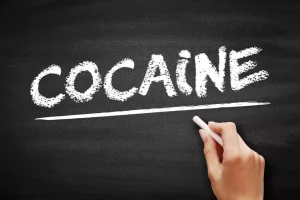
More resources for a variety of healthcare professionals can be found in the Additional Links for Patient Care. Researchers agree that alcohol and depression have a alcohol and depression bidirectional relationship, meaning that depression can cause overuse of alcohol, but overuse of alcohol can also cause depression. Alcohol is a sedative and a depressant that affects the central nervous system.
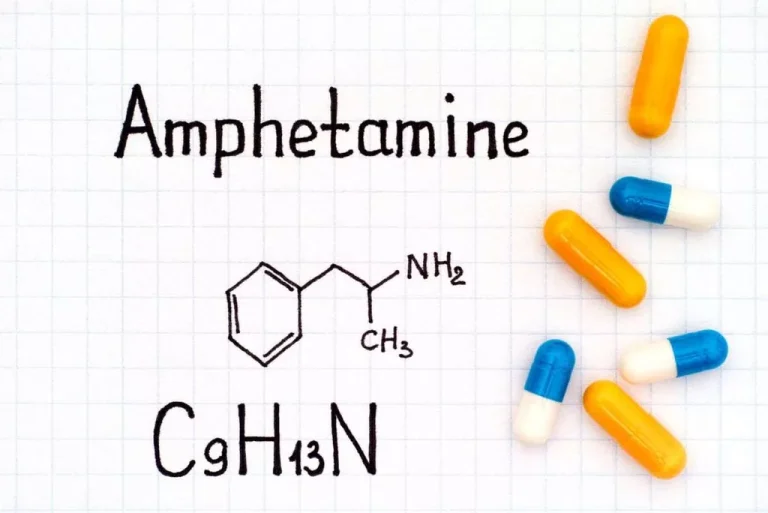
Health Conditions
Several medications and behavioral treatments can help with both depression and AUD. And people with alcohol dependence are 3.7 times more likely to have had MDD in the previous year. Sometimes it’s difficult to determine the cause-and-effect dynamic between alcohol and depression. Some people with underlying depression may start using alcohol to find relief from their symptoms. People with AUD and depression often experience the most symptom relief when they receive treatment for both disorders at the same time.
